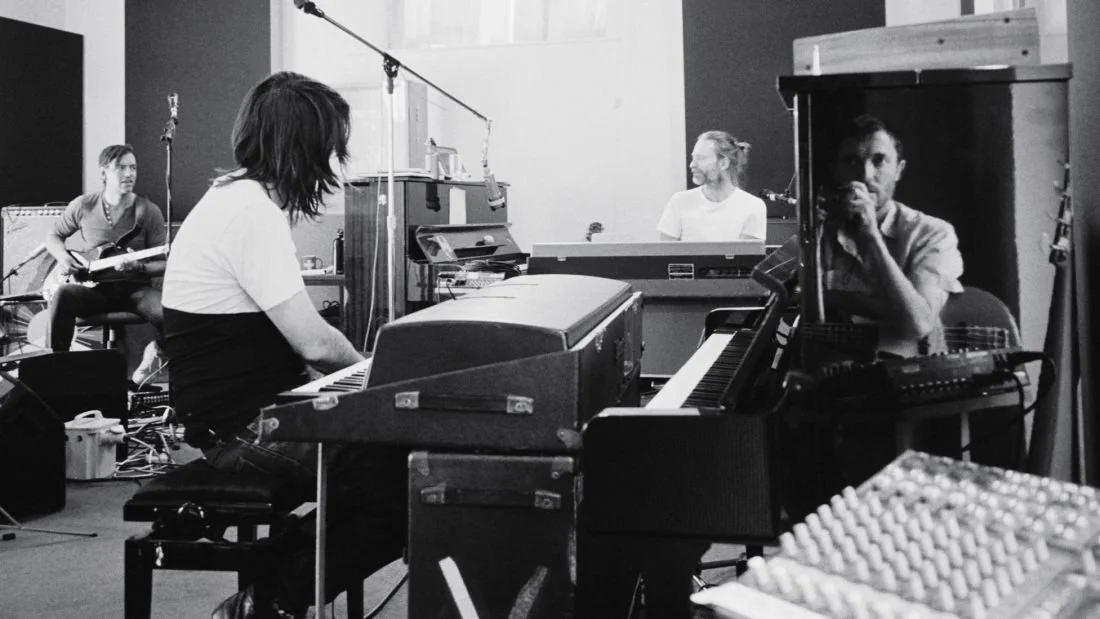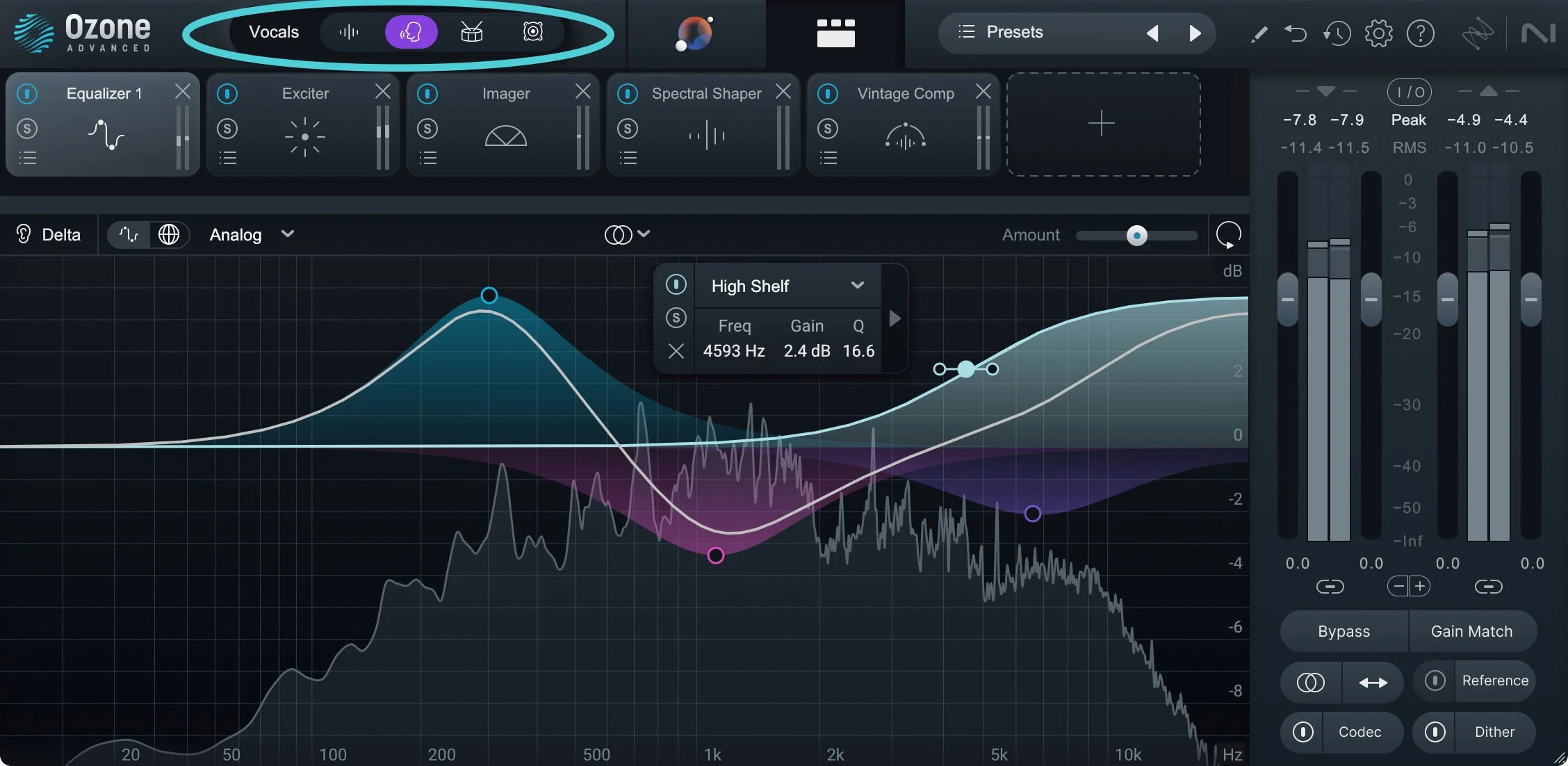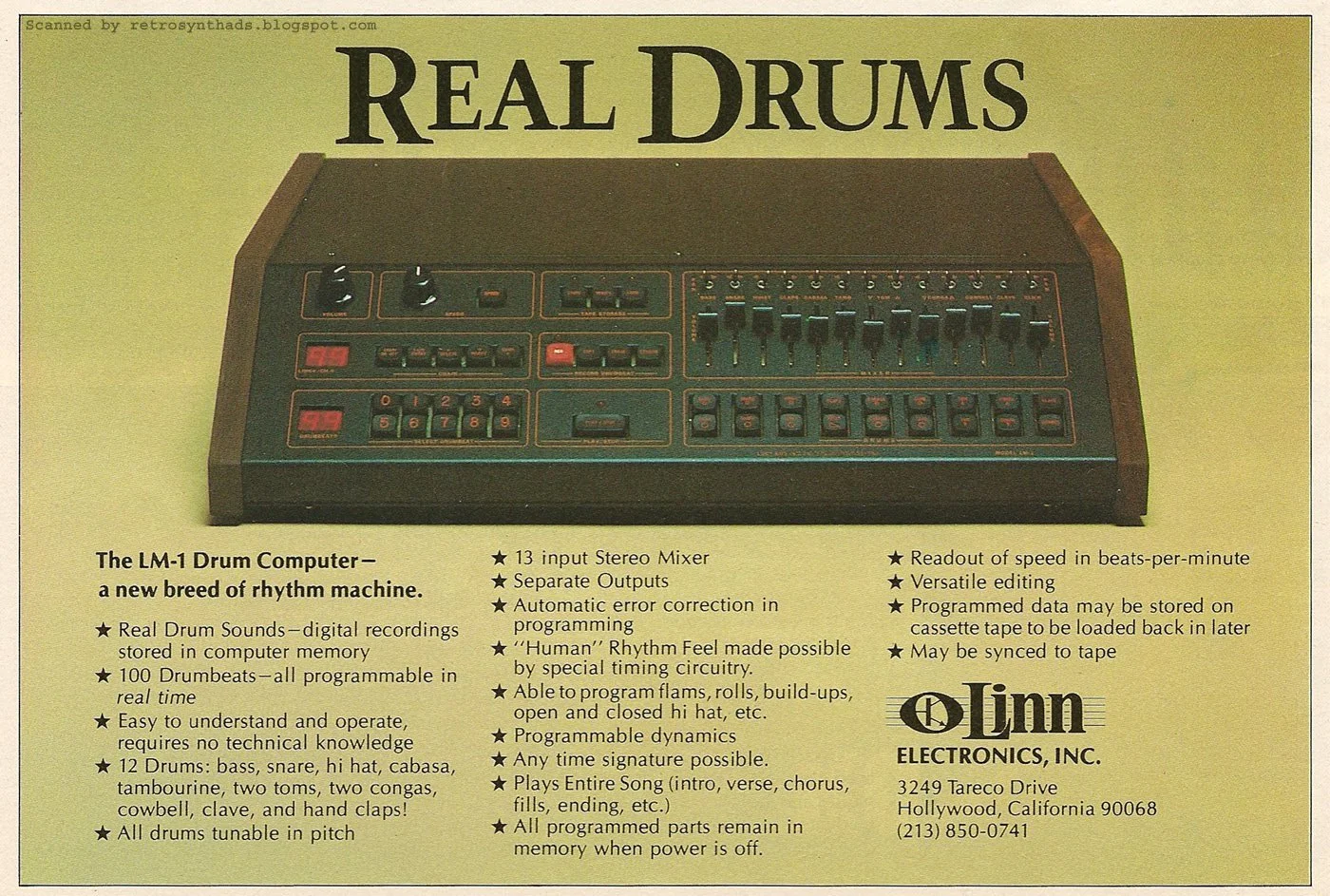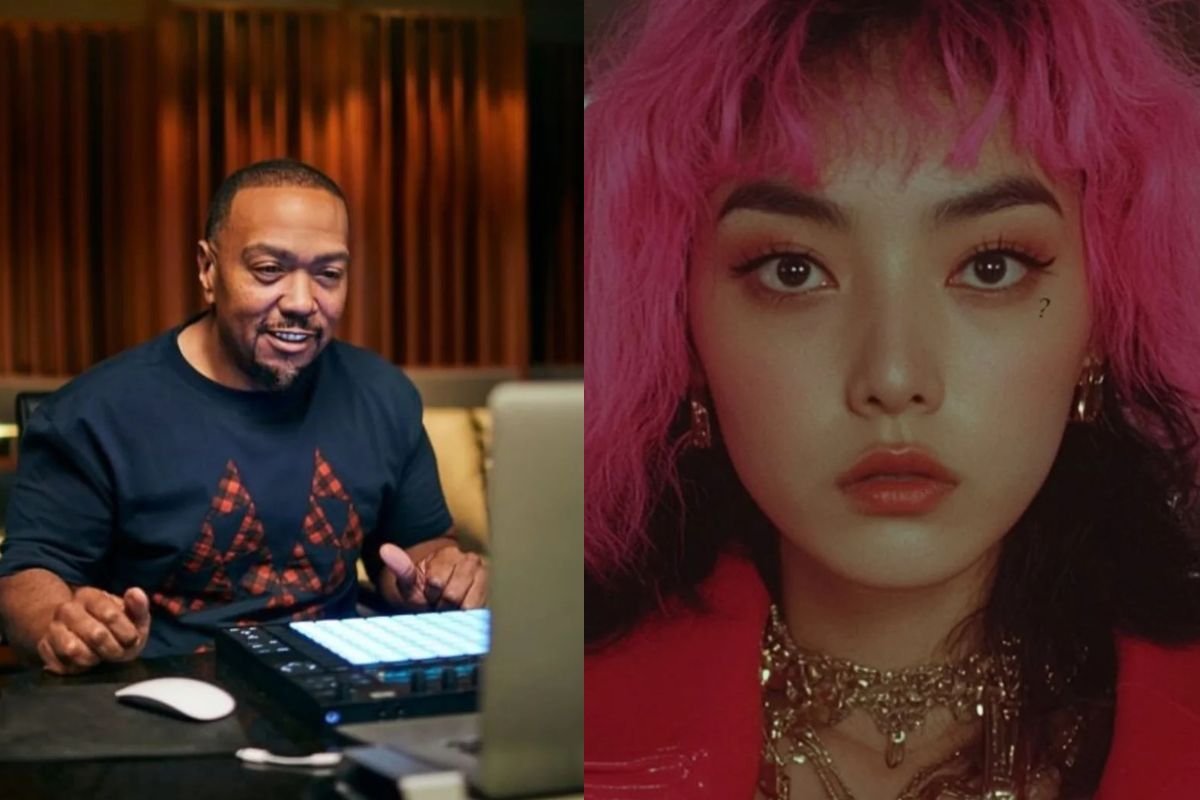By Michael-Patrick Moroney
The Velvet Sundown is not a great band.
The music is decent - dreamy, derivative, a kind of half-remembered folk-pop you'd expect to hear on an algorithmically generated Spotify playlist titled Sunset Highway. They fit in more than they stand out. I've heard worse from major-label releases, and better from artists who have a hundred followers and no budget.
Still, I’m surprised at how far the technology has come. The AI-performed vocals are cleaner and more natural than much of today’s overly processed pop. The guitars sound surprisingly authentic. The overall production is solid. But that’s not what has people talking.
What's really frustrating people is that The Velvet Sundown - a “band” established with the assistance of AI software - has over 850,000 monthly Spotify listeners. And no one really seems to have a clue why. There's no tour. No interviews. No story you can track. Just an art-directed “photoshoot”, too many albums, and throngs of streams.
People are especially upset - maybe rightly so - that the band sounds legit. Blame bots. Blame playlist placement or Spotify itself for prodding the work along. But even if some of the steam was manufactured, not all of it was. The numbers, like most digital information, are fuzzy - but not entirely made up. And it's that which is scaring people.
The term most used in coverage is "fully AI-generated." However, that is not entirely the case. The truer phrase would be human-inspired, AI-performed.
It was imagined by somebody - likely a few individuals - who came up with the concept, designed the look, directed the production, made art decisions, decided what to include, and declared it finished. AI did not conceive the concept of Velvet Sundown. It did not spend weeks crafting a fake psych-pop discography. It did not declare, "this is finished." It didn't live anything around it.
Someone did.
This collaborative synergy - human imagination, AI creation - is not exclusive to music. It's now everywhere in design, advertising, filmmaking, even science. The artist, producer, or creator is still the harbinger of the vision. The tools exist to make it possible. AI is just one of them. Not a replacement. A “co-producer”. And that's what unsettlements people, especially in an industry that still sentimentalizes single-genius and sometimes emotional authenticity.
Portishead in the studio
Artists have never failed to use the equipment available to achieve their ends. Portishead used to cut their own vinyl simply to sample it back into tracks. Hiphop producers sliced funk records up into brand-new soundscapes.
But if you look at how actually real musicians use AI, the story is not so dystopian and more human. Today, they use AI for producing beats, guiding melody, even re-recording themselves. Mastering software, pitch correction, replacing drums - most people would have no clue how many times AI is already working beneath the music you listen to.
Ozone mastering plug-in. It’s really good.
On Reddit, songwriters openly share how they use ChatGPT to write lyrics when stumped. Some use AI vocal synthesis to sketch out demos cause they can’t sing as well as they hear it in their head. Others make chord progressions or rhythmic textures to break out of patterns. The cycle is often the same: prompt, evaluate, return, finish. AI does not remove the artist - it gives them more to work with.
One songwriter likened it to a rhyming dictionary or MIDI arpeggiator - tools that helped come up with possibilities, rather than solutions. AI is just the next step. And as with all those before it, it raises the same inherent question: where does the machine end and the artist begin?
We’ve been here before. Drum machines. Samplers. Auto-Tune. Home recording. Every new tool has faced resistance. Each time, someone declares that it’s the death of real music. And each time, musicians figure out how to make it part of their sound.
A “vintage” ad for the Linn drum machine
So this isn’t really about the tools. It’s about the attention.
Because if something like The Velvet Sundown can reach hundreds of thousands of listeners, what does that say for the working musician who has 200 plays and must hold down a day job? For many, it is an added affront - not bested by more able musicians, but displaced by a band that never even existed.
And that rage is real. I've heard it for decades - in jams, vans, all-night recording sessions. We should have the smash hit. The label pimped out the wrong artist. That song is garbage. That singer can't sing. That drummer can't play. That song is just a ripoff of something better nobody gets to hear. The players change - pop stars, industry automatons, algorithms, and now AI - but the attitude is always the same.
Playing to an empty room is never fun.
But come on: AI is not the one deciding who gets heard.
Platforms are. Algorithms are. Fans are.
AI did not break music. It merely exposed the cracks that were there all along.
The streaming economy already prioritizes content over connection. It already celebrates background scores over distinctive voices. It already makes it hard for new artists to be heard. The Velvet Sundown is not a glitch - it's a mirror.
And yet, even now, there is potential in this moment.
Timbaland has launched an AI-driven entertainment company called Stage Zero and has signed his first AI artist, TaTa
This shift isn’t just happening in obscure corners of the internet. Major artists are leaning in. Timbaland - one of the most influential producers of the past two decades - recently launched his own AI-driven label. He’s not just using AI as a novelty, but as part of the creative process, building tools that allow artists to collaborate with voice models of iconic performers and generate new music from past legacies. It’s provocative, yes - but it’s also deeply human. Timbaland isn’t handing over the reins. He’s shaping the sound, guiding the vision, and making the call on what feels finished. In that sense, his label is a perfect example of where music is heading: not toward machine-made content, but toward human-inspired, AI-co-executed artistry on a larger scale.
Because while AI is changing the procedure of how a song's created, it hasn't changed the purpose they're made. An authentic artist still gets to make that choice: this means something. This is finished. This is something worth sharing. And in a whole lot of cases, AI is simply helping more individuals get to that point - individuals who otherwise wouldn't have had the gear nor access to bring their creative vision to life.
Somewhere along the way, a song will pierce through. It will be heartfelt. It will ring. And only then will the audience realize it was AI performed in some way. That is when the debate of authenticity and ownership will shift. Because when something touches your heart, nobody will ask how it is made. They want to know whom it addresses.
It will fall, as always, to touch. The work that will survive will arise - not because it's analog, digital, or AI-enhanced, but because something was experienced and felt by a Human and made. And something else experienced it, too.
The Velvet Sundown may not be the moment. But that moment is coming.
And when it does, it'll be human-designed, AI-assisted, and completely real.





